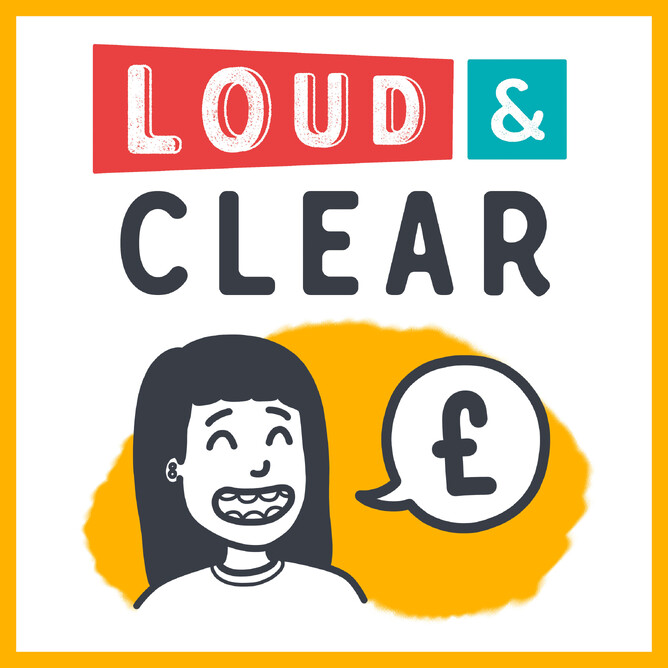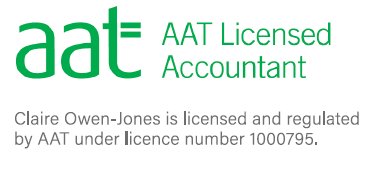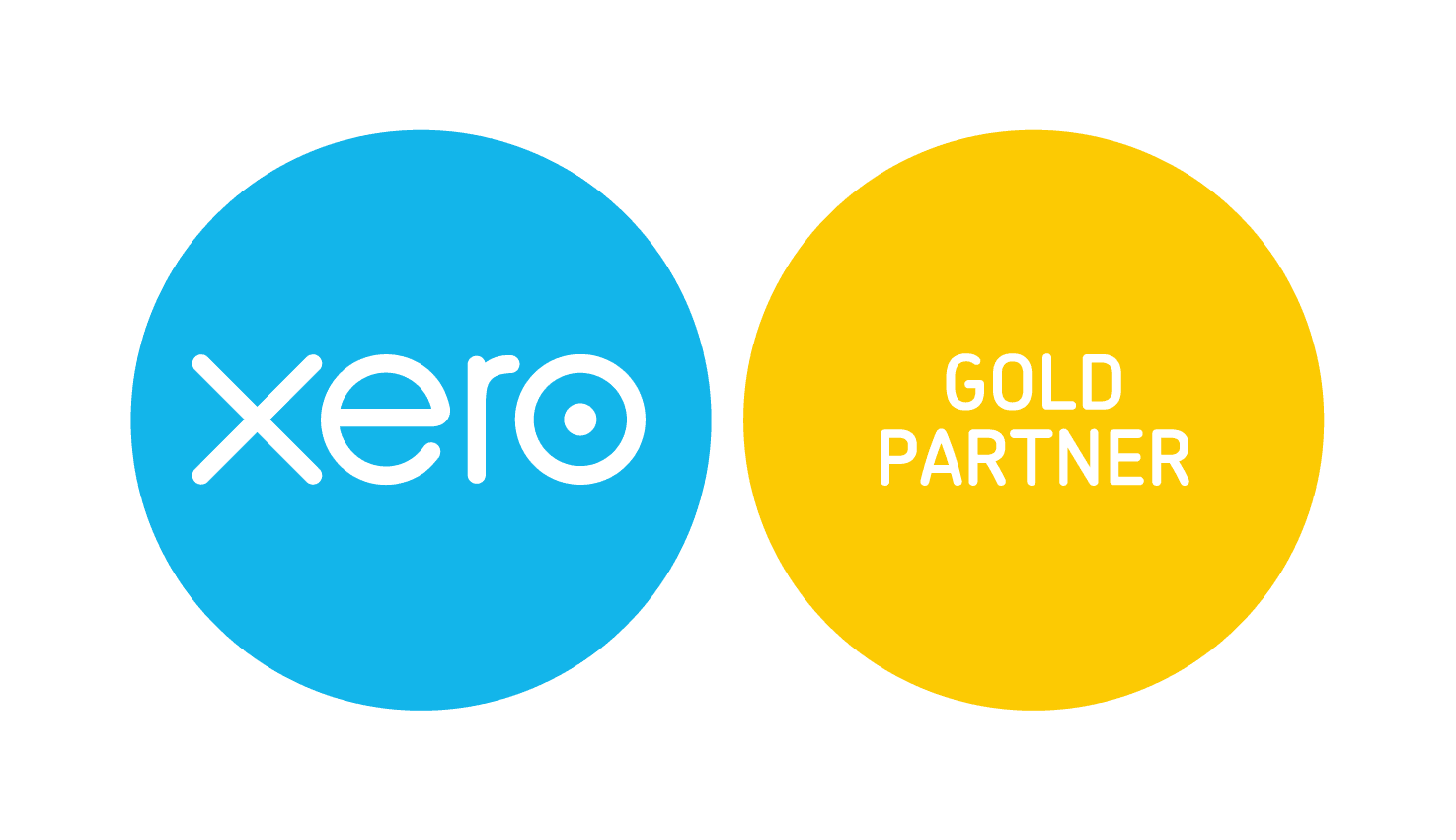Podcast transcription with introduction removed
Who will be your customers?
The first thing we need to consider is where will your money be coming from. I should probably split this answer into A and B, so the first things to look at is, do you think your clients will expect you to be a limited company? By this I mean in some industries, there’s this perception that if you trade through a limited company, you are bigger and more established than you possibly are, so you’ll be more attractive to your clients if you are a limited company.
Now, I don’t always know where this comes from. The business would still be you, whether you’re self-employed or a limited company, it’s just going to be the façade I suppose that’s different. Maybe it’s because your clients can see your accounts on Companies House. Maybe it’s because they know there’s more admin and paperwork involved in a limited company, so you’re more invested in the business side of it.
Then the second, this is the B things to consider is, do you think you will fall under IR35? Now, if you’ve never heard of IR35, you can just tune me out for the next 30 seconds, it will not apply to you, but IR35 is the HMRC legislation that’s trying to crack down, I suppose, on hidden employees. I’ll go through this in far more detail in another episode, but if your clients you’re going to be working with are larger organisations such as universities, banks, councils, those kinds of things, they will probably insist that you’re a limited company.
Lots of them will refuse outright to work with anyone who is self-employed, so that’s what we need to look at before we move onto anything else. Put tax aside one second, look at your clients. Do you think you would become more desirable to them if your business is a limited company, and will your clients require you to be a limited company? If the answer is no to both of them, you don’t think you’re going to fall under IR35, naturally your clients probably don’t care, we’ll then move onto the second thing to consider, and that is that separation of liability I talked about a little bit more in last week’s episode.
Will you be taking out loans or be at a high risk of bad debt?
If your business is going to require a lot of capital to get started, maybe you’re going to have to take out a couple of loans, or if you think there’s a high chance of bad debt, so for example, you’re going to be working on projects, you’re going to have to pay contractors, pay materials, and then there’s always that chance that your client will not pay you at the end of the day. Or maybe if your business is going to grow quickly, and you’re hoping to have a couple of employees, you may want your business to be a little bit separate to you, so that separation of liability’s going to come in, it’s going to sound more attractive.
If you’re someone like say a graphic designer, it’s probably not going to make much difference. No-one’s going to sue you for bad work. If you get any bad debt, it’s going to be at a lower level, and you’re probably not going to require any loans to get your business started, so the liability may not matter so much to you.
When is it the most tax efficent to use a Limited Company?
The third thing is tax, and this is what everyone focuses on, but please never make a decision based upon tax. There is no point me saving you 500 pounds or five thousand in tax and you can’t get any clients, it’s just not worth it, so work through it, what do your clients want from you, would the separation of liability make you feel more comfortable, and then focus on tax. What a lot of people ask me is when does it become the most tax efficient to be a limited company.
This is a hard figure to pin down, but generally speaking, it becomes more tax efficient when your profits exceed 25 thousand, and by profits, that is all of your sales minus your expenses. Now, the reason why it’s as I say so high is because a limited company does not have a personal allowance, so you will start paying corporation tax as soon as you make any profit, whereas if you’re self-employed, you have that personal allowance and you have that NI threshold. You can actually be earning quite a few thousand before you’ve got anything to pay over to HMRC, so 25 is kind of sort of the ballpark figure, and again as I mentioned in the previous episode, the main tax savings around being a limited company are the money you leave in the business.
If you plan on living off of pretty much everything you make in your business, so you’re going to be withdrawing all the money as soon as it hits your bank account, you’re not going to see the tax savings as quickly as someone who’s going to be leaving money in the company, so aim for sort of 25 thousand, but don’t make it so as soon as you earn 25 thousand and one pound that you feel you need to change, that’s just kind of a rough figure. So, those are the three things that you need to go through.







